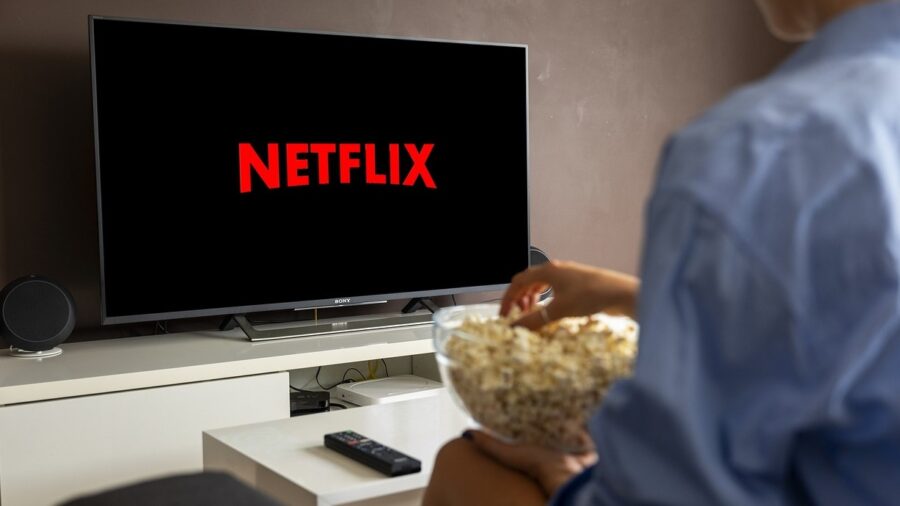Netflix Is Making You Pay To Share Your Password
The long-feared Netflix password crackdown is here.

After months of public announcements stating Netflix would be cracking down heavily on password sharing amongst their subscribers, a new memo has been released stating just the opposite. It seems that if you can’t beat ’em, charge ’em, as Netflix has decided to allow users to share passwords in exchange for an additional pricing bracket, according to a recent write-up in Variety. With this new change, which has already begun to roll, Netflix hopes to avoid alienating subscribers who share a login while recovering profits from account sharing, which is one of the streamer’s biggest financial drains.
Whether you’re planning to spend your weekend catching a chart-topping comedy special or the true-to-life Squid Game show which saw its contestants maimed while entirely failing to see the irony of its own production, many Netflix subscribers may be dismayed this week to learn that their accounts have been caught in the crosshairs of the corporation’s latest attempt to recover subscriber losses.
According to a memo sent to American subscribers, the option for password-sharers to add a customer as a paid extra member comes at a base rate of only $7.99, which still makes it a better deal than opting for an all-new subscription. Perhaps this model will be beneficial to both the company and the consumers, allowing viewers to engage in password sharing while saving on overall subscription costs while still contributing financially to Netflix’s bottom line.
This method has long been utilized by music streaming platforms such as Spotify, which offers a discounted rate for a family plan in order to connect multiple devices to one paid account. Of course, Netflix is often highly regarded for the overall quality of its original programming, with many fans considering it the best platform on the market, outlasting such additions to the streaming world as CNN+, Quibi, and even HBO Max, which has been shortened to just Max as of this week.

Additionally, perhaps the newfound profits brought in by the streamer can assist in putting an end to the ongoing Writers Guild of America strike, which specifically targets streaming services in its demands due to the lack of residual pay which is provided by traditional media. With Netflix taking in a larger profit, there may be room in the budget to negotiate for more money and benefits to the streamer’s in-house writing staff, effectively leading the charge in making television writing a viable career path in the digital age.
If Netflix were to engage in this plan, many other streamers would likely follow suit due to the corporation’s massive sphere of influence.
Regardless, it looks like the days of free password sharing may soon officially be behind us. As Netflix continues to make changes to its pricing and business strategy, the industry continues to take notes, giving the company the power to support its workers in their time of need if it so chooses. Of course, whether the price for a subscription to the streamer is $1 or $100, we can likely all agree on one thing for certain: If they implement advertisements, we’re rioting in the streets.












